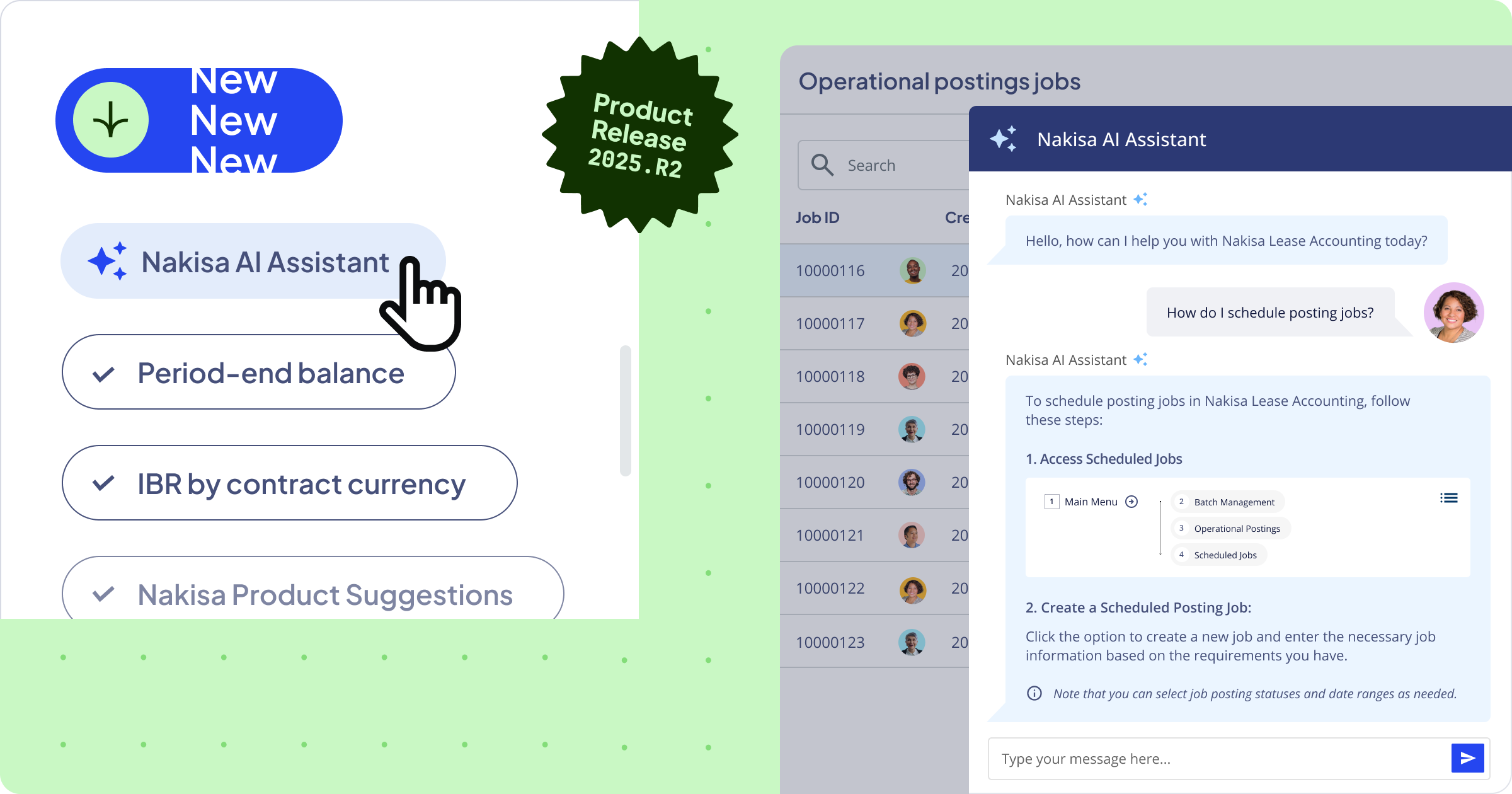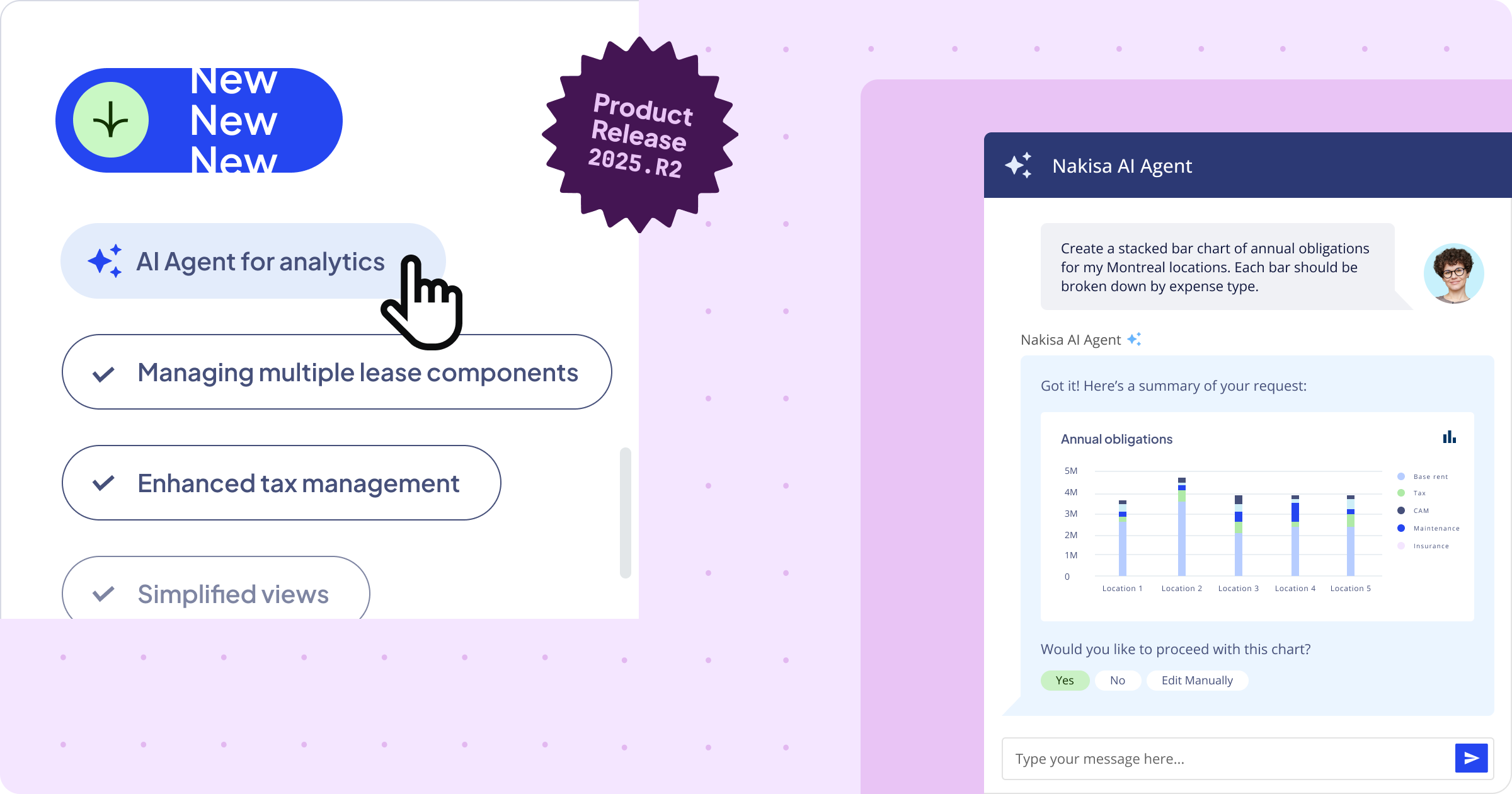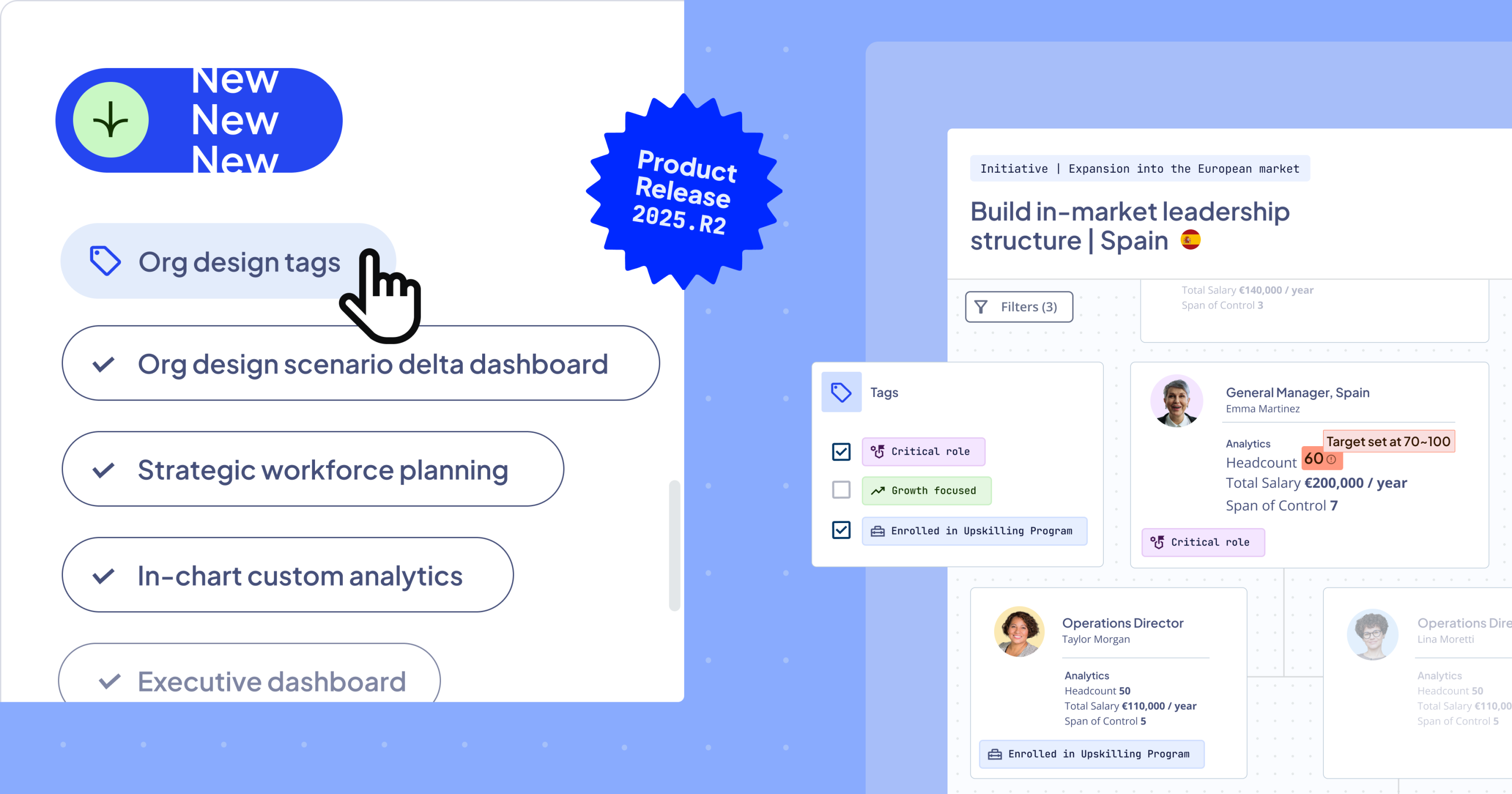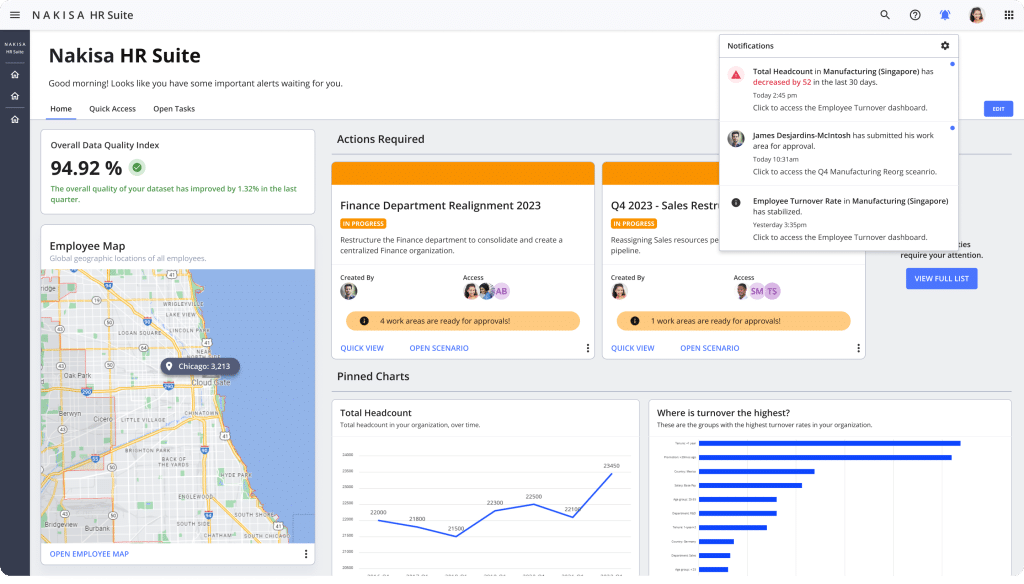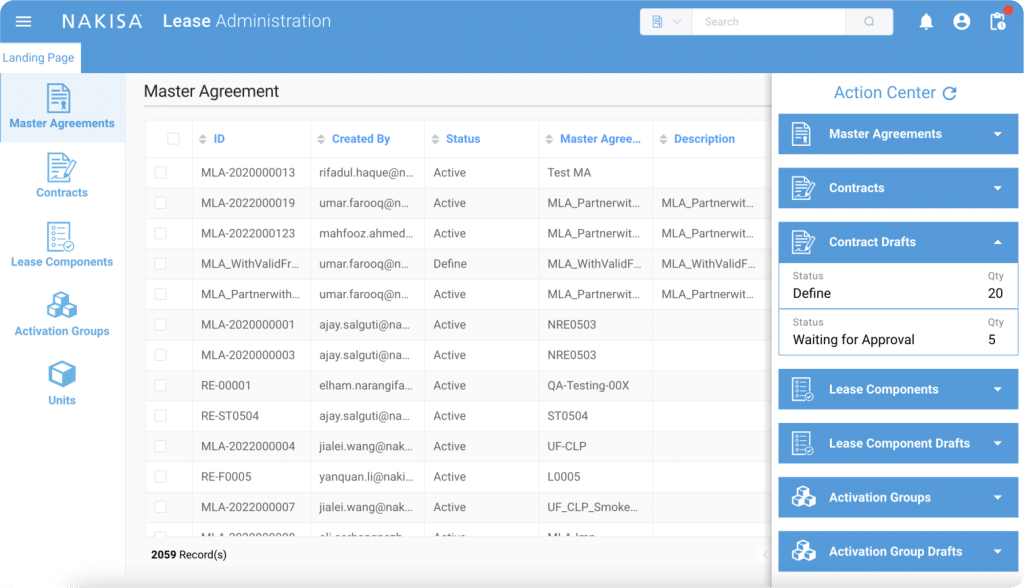For most of us, it can be pretty difficult to keep up with the latest technology trends, and decide which ones we should really be paying attention to. It goes without saying that it’s probably a good idea for those in HR to at the least focus on the trends that will be making a tangible impact on the HR industry in the near future. Blockchain is one such trend that could be worth keeping an eye on. Although most of us aren’t using it in our daily lives, blockchain technology is being pegged as a cross-industry, game-changer - so why is that?
What is Blockchain?
If blockchain doesn’t sound familiar, you may recognize the term Bitcoin - a cryptocurrency made possible by blockchain. It’s a secure, decentralized, and unforgeable digital currency where transactions never have to pass through banks or other financial institutions.
Blockchain technology is a hyper-secure storage system for data. Each block in the chain contains information, which can be added on to, but never changed. Using complex computer coding, each block of new information is linked to the blocks that came before it. Blockchain is often described as a decentralized, secure transaction ledger - any information held in a blockchain can only be accessed through approved computers on a network. For an outside network to gain access to the blockchain and add new data, it would need to solve a “mathematical proof.” The other computers in the secure network would have to agree on the solution and approve or deny the outside entity access to the blockchain. To put it simply, blockchain is essentially a tamper-proof system of record where the data cannot be altered, only added to.
Application of Blockchain in HR
So where does HR come in? Well, companies across all fields, including HR, are looking for innovative and original ways to use blockchain. With its links to cryptocurrencies, blockchain and payroll seems like an obvious match. Australian-based ChronoBank is a company “aimed at disrupting the HR/recruitment/finance industries” using blockchain. One way in which they are aiming to do this is through their job hiring platform, which aims to help companies find freelance workers and pay them based on labor hours through cryptocurrency.
Blockchain also has many appeals outside of cryptocurrency. Caerus Connections is a blockchain-based recruitment and employment platform. Jobseekers complete a 50-question assessment which analyzes their “key workplace motivators.” This data is stored on the blockchain, meaning it remains secure and confidential but is accessible for the recruiters. The idea is that the data already stored on blockchain is secure and also unamendable, so jobseekers wouldn’t be able to embellish their education and job history in order to land jobs.
Perhaps blockchain’s biggest impact across all industries will be cyber security and data protection. Considering HR’s role in handling sensitive company and employee information, as well as the secure and decentralized nature of blockchain lending itself well to payroll and financial transactions, it’s no surprise that the industry has been quick to adopt it.
The Future is Blockchain?
Although there are many possibilities with blockchain, much like the internet it has great disruptive power, and in order for it to truly succeed, it will need to become much more widely adopted. Gartner’s Emerging Technology Trends of 2018, notes that with the potential to increase resilience, reliability, transparency, and trust in centralized systems, it could be a game changer for data security leaders. Gartner also notes that we could still be 5 to 10 years away from blockchain having the widespread impact it promises, so time will tell if blockchain technology in HR will really take off.

